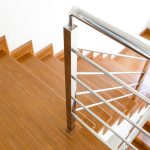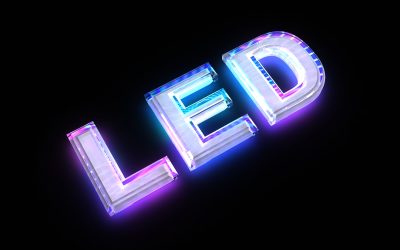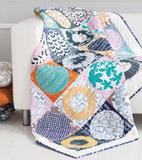Looking at the sun directly for any length of time can damage your eyes, particularly the retina. But by using a solar filter, you can look at the sun without your eyes being damaged. However, even though these filters provide protection, they must be used properly in order help ensure that protection is received. Below is some information about these filters and what they do.
How Do Solar Filters Protect The Eyes?
Solar filters allow only a small fraction of the sunlight to pass through, thus enabling you to safely follow the minute-by-minute unfolding of the events of a solar eclipse.
There are many types of solar filters sold on the market today. Some are made of aluminized polyester which produces a bluish color. Others are made of black polymer which gives off a yellow/orange hue to sunlight, making it friendlier to the eyes.
Good Safety Features
A good solar filter must have sufficient metal coating. This feature prevents direct sunlight from getting into your eyes and causing damage. It should also enable you to comfortably look at the filament of a very bright electric lamp.
The solar filter must also be able to provide a 5.0 or more optical density. In other words, it should only allow 0.001 percent of sunlight to pass through.
Additional Precautions
It doesn’t mean that by using a solar filter, you can now stare at the sun in its full glory for as long as you want. This is not the intended purpose of solar filters. The right way to use a solar filter is to look at the sun briefly, and turn your gaze away for a moment before coming back.
Always keep in mind that it is possible to damage your eyes without feeling any pain. So, when enjoying a special event like a solar eclipse, you need to properly use a solar filter.
If you intend to view a solar eclipse, make sure you obtain the proper solar filter protection. Only purchase protective solar filter glasses from a reputable provider of these products. You want to protect your eyes with a high quality product.







